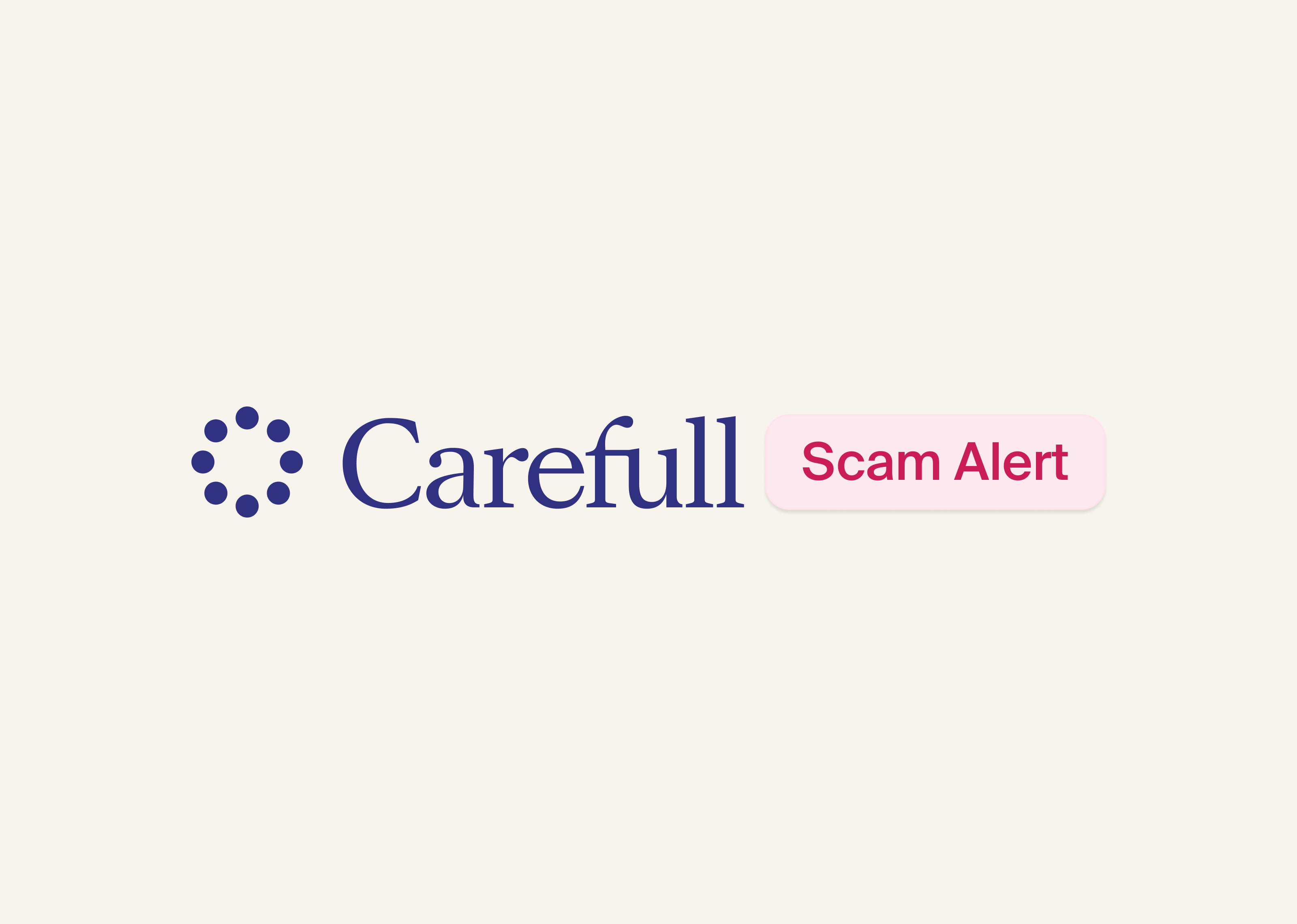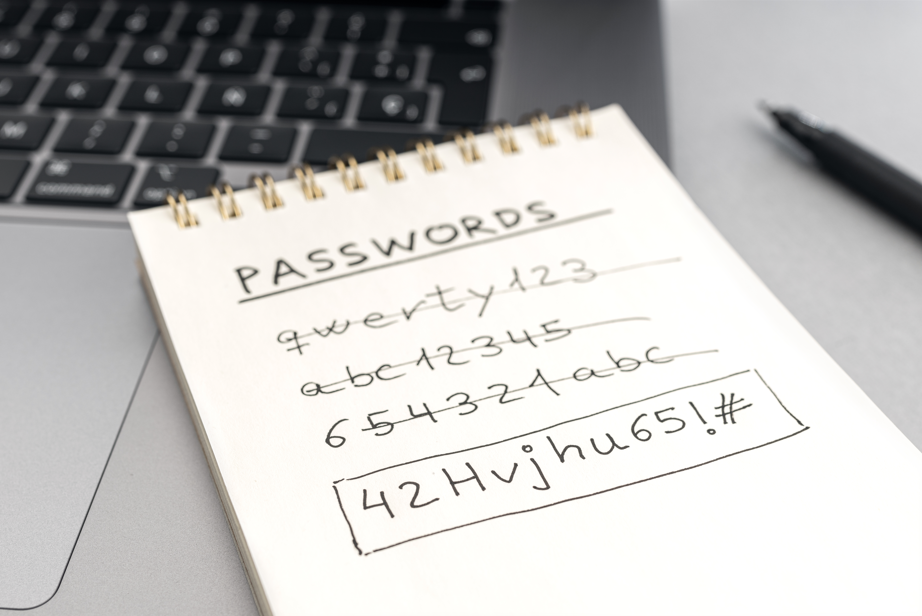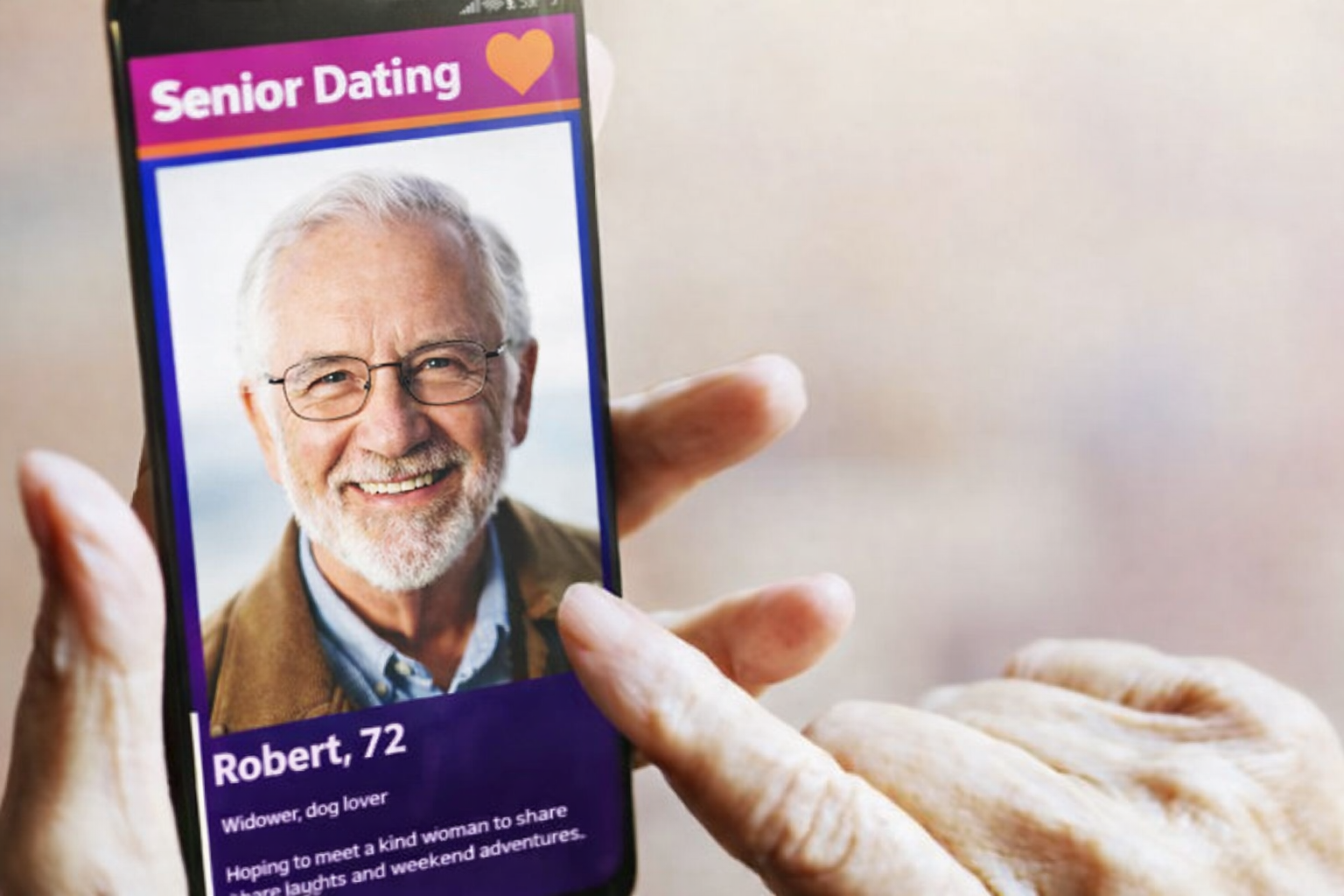Card Declined Scam Catching Online Shoppers

If you get a notice when making a purchase online that your card was declined, it could be a scam. The Better Business Bureau has received reports from consumers who discovered fraudulent charges on their accounts after getting “card declined” notices while shopping online.
Here’s what to know about the latest twist in online shopping scams and what you can do to avoid becoming a victim.
How the card declined scam works
Online shoppers have been getting “card declined” messages even though they have the funds in their accounts. BBB has received reports from consumers who entered their card information when making purchases online, then the transaction was declined. They were prompted to try again or use a different card. Some consumers entered several different card numbers, only to receive messages that all were declined.
Despite the card declined notifications, charges were made to the cards. According to reports made to BBB, the charges were for larger amounts than the purchases the consumers were trying to make. In some cases, the fraudulent charges were thousands of dollars.
Some consumers are ending up on websites issuing card error notices through links in emails. For example, an email that appears to come from travel organization AAA offering a free car emergency kit links to a fake site, where consumers are prompted to enter credit card information to cover the cost of postage.
[ See: What Is Debit Card Fraud? ]
How to avoid card declined scams
Take these steps to protect your card information when shopping online.
- Check URLs. Scammers create fake websites that mimic legitimate retailers’ sites. If you click on an ad, email or text message link that appears to come from a legitimate retailer, check the URL to make sure it is the retailer’s site. Red flags include no “s” in “https,” missing letters, such as a .co instead of .com, and additional letters or words, such as Amazzon instead of Amazon.
- Don’t click on links in emails, text messages or social media posts, even if they appear to come from trusted retailers. Visit retailers’ sites directly to see if you can find the deal that was advertised.
- Research businesses before buying. Don’t enter your card information on an unfamiliar site. Look up reviews of the business at BBB.org or by searching the name of the company and “reviews” or “complaints.”
- Use a credit card for online purchases. Credit cards offer more protections than debit cards and other forms of payment if you need to get your money back for fraudulent transactions and for purchases that merchants aren’t willing to refund.
- Monitor bank and credit card accounts for unauthorized charges. The sooner you catch fraudulent charges and report them, the more likely you’ll be able to get your money back. Signing up for a service such as Carefull can provide 24/7 monitoring of your bank and credit card accounts for unusual or fraudulent transactions, as well as credit and identity monitoring. You can try Carefull for free for 30 days.
If you become a victim, see What to Do If You’ve Been Scammed to learn what steps you need to take.

3 Steps to Safer Money,
Try it Free for 30 Days
Step 1
Start your free,
no-risk trial
Step 2
Connect the accounts and cards you want protected
Step 3
Stay alerted to any
unusual activity



.png)



